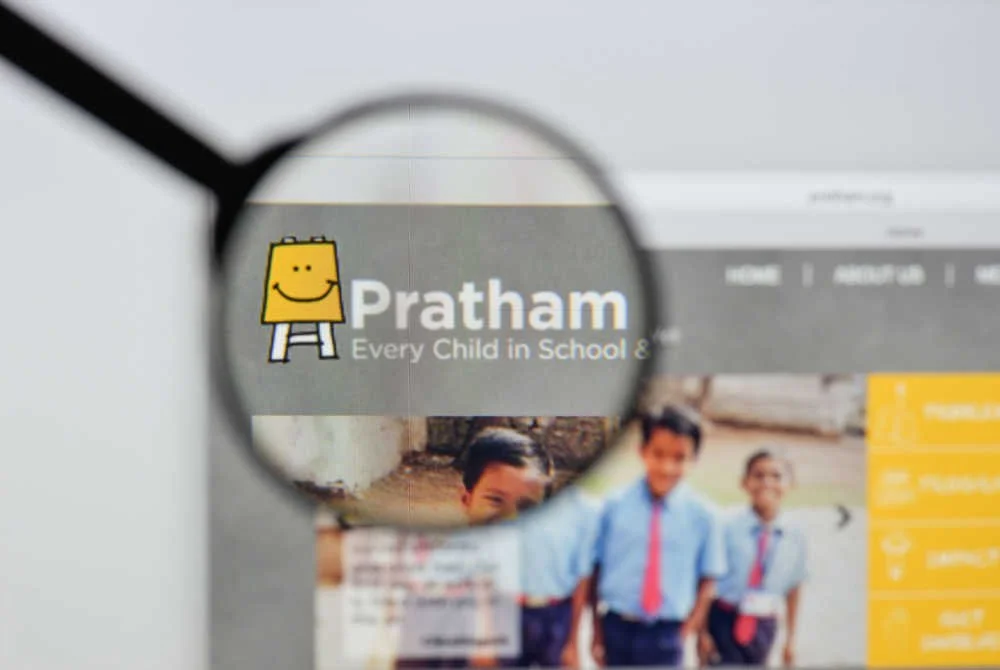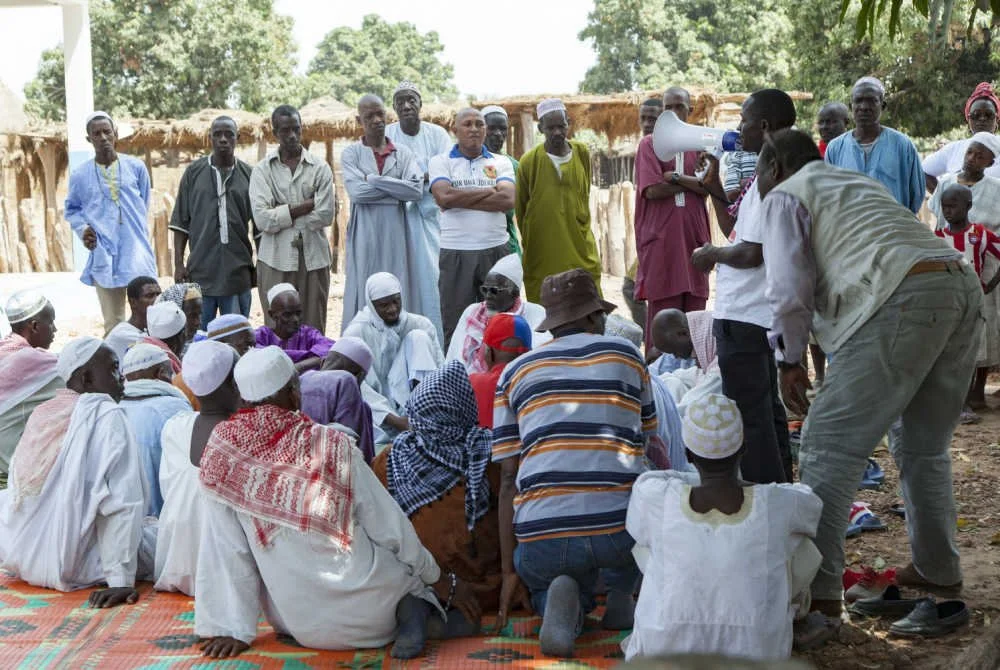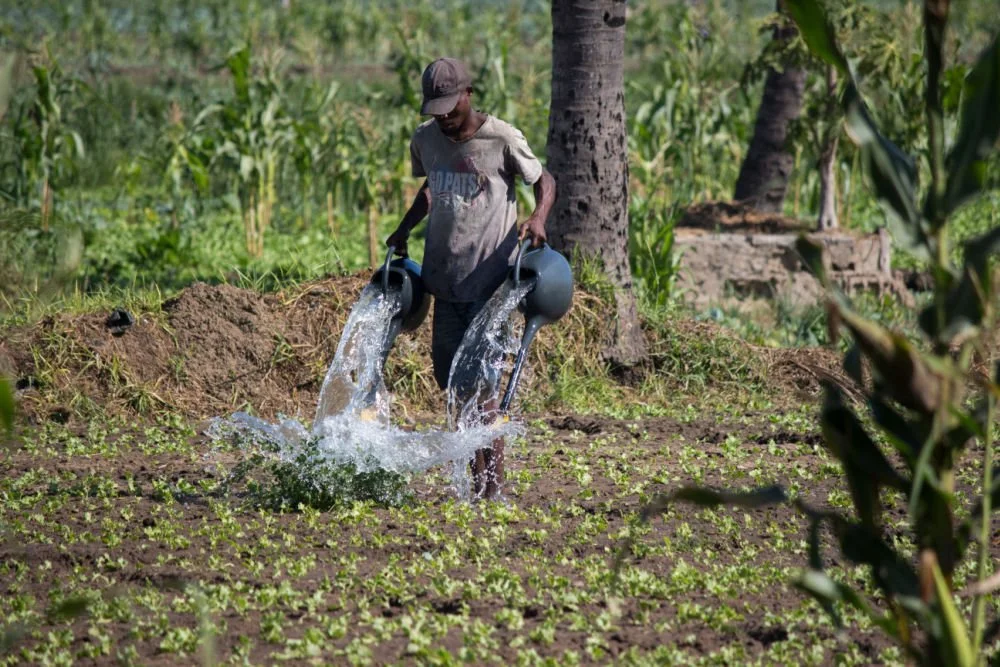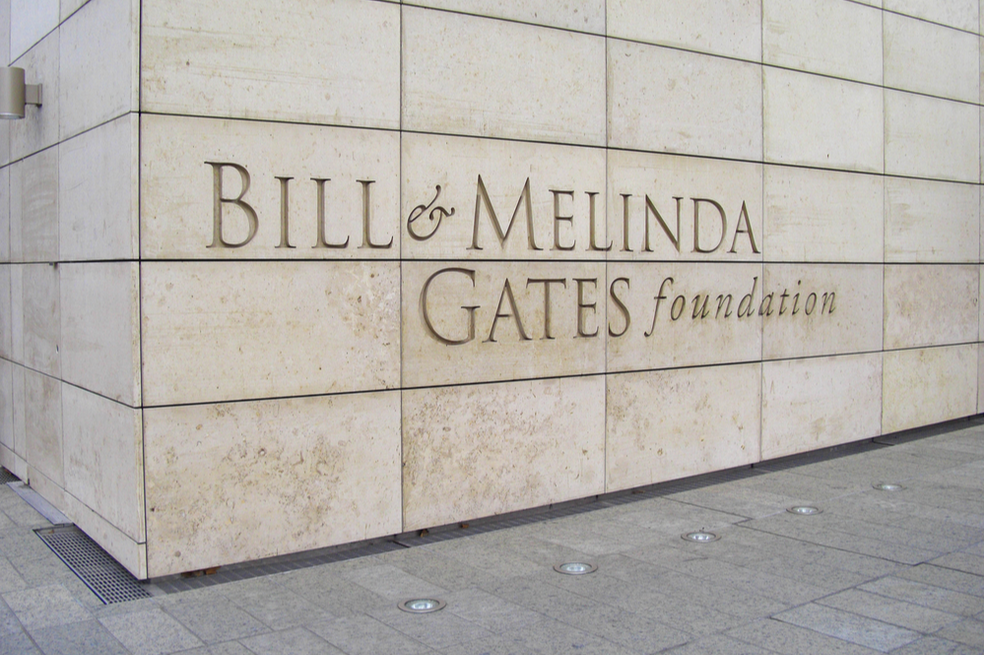Beyond Relief: A Corporate Funder Steps Up for Global Diversity and Inclusion
/Girls education is one focus of UPS grantmaking. Photo: CRS PHOTO/shutterstock
While UPS, the company, is best known for those brown delivery trucks you see all over the place, its foundation is best known for its giving to disaster relief and humanitarian organizations. Not only does the foundation provide grants, but it often throws in valuable resources like trucks, planes, inventory tracking software and teams of technical experts. With an unparalleled worldwide infrastructure for moving stuff around and a mastery of logistics, UPS is a critical ally to relief groups around the world.
UPS collaborations with longtime partners have included work with UNHCR to better track and coordinate relief materials, UNICEF’s work strengthening immunization supply chains, the World Food Program’s logistics capacity assessment project, and GAVI’s work to increase vaccine supply chain efficiency. The foundation has swung into action at key moments, like after the 2015 earthquake in Nepal.
Related:
- In Nepal and Beyond, This Corporate Funder Takes on the World’s Biggest Disasters
- Inside the UPS Foundation and How it Responds to Disasters
- More Dollars for Disasters from the UPS Foundation
Humanitarian issues are a big focus for the UPS Foundation. Earlier this year, UPS earmarked millions in grants and in-kind support for humanitarian relief. Grant examples include an award to Zipline for its drone delivery program of blood, medicines and vaccines to remote villages and UNICEF for its Visibility for Vaccines initiative. While UPS remains fairly steadfast in its humanitarian aid this year—it awarded additional grants to the Good360, CARE USA, and the UNHCR, just to name a few—humanitarian aid isn’t all this foundation backs. UPS is also a pretty big player in the global diversity and inclusion space.
The UPS Foundation recently announced that it plans to award over $7.7 million in grants to support global diversity and inclusion around the globe. The funds support economic empowerment for women and girls, workplace inclusion projects, education, and human trafficking prevention. However, the 39 organizations UPS supports in this round of grantmaking are working in a far more diverse range of fields. The following are a few highlights:
The Leadership Conference Education Fund received a grant for its human trafficking program and to help create its trafficking awareness toolkit. The United Way Worldwide Center for Human Trafficking and Slavery also received a grant to support its community training curriculum.
The Peace Corps received a grant for its Let Girls Learn Project, a five-year initiative launched by Barack and Michelle Obama. The program aims to eliminate educational barriers for more than 60 million girls in 60 countries. The current administration says it plans to continue the program despite reports to the contrary. Additional education empowerment grants went to Girls Incorporated, African Leadership Foundation, CHOICES Education Group, and the Hispanic Scholarship Fund.
The UPS Foundation also awarded grants to support financial empowerment. The Graca Machel Trust, an African advocacy organization focusing on women’s empowerment, child health, nutrition and education, received two grants in this round. The first supports its Raising Voices for Women Cross Border Training initiative, which aims to help women formalize their businesses. The second Graca Marchel grant will support its 2017 Women Advancing Africa Forum, which will address Africa’s economic imbalances.
Additional financial inclusion grants went to Aspira America for its financial education program directed at 240 Latino youth and families, as well as, the Council for Education’s Center for Economic and Financial Education. The funds will expand the council’s financial literacy programs.
According to Eduardo Martinez, president of the UPS Foundation and chief diversity and inclusion officer at UPS, the overall goal of its grantmaking is to "help advance the United Nations Sustainable Development goals and drive positive change to make the world a better place for this generation and generations to come.”







































